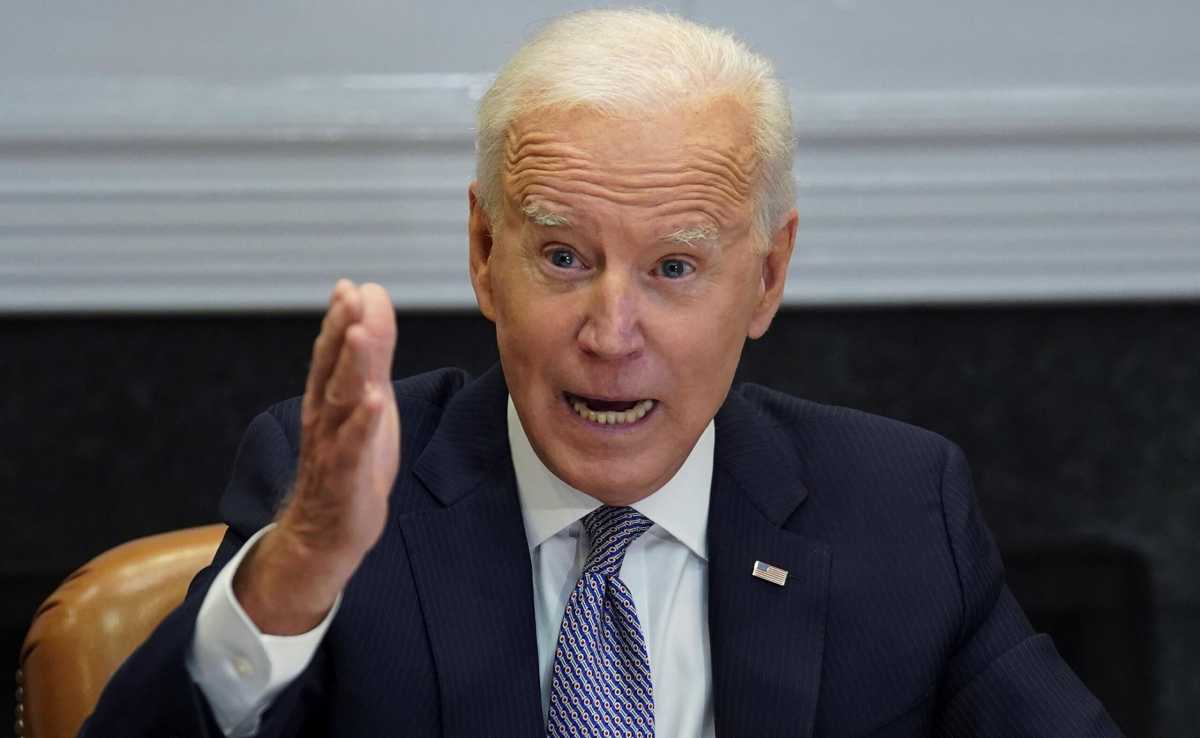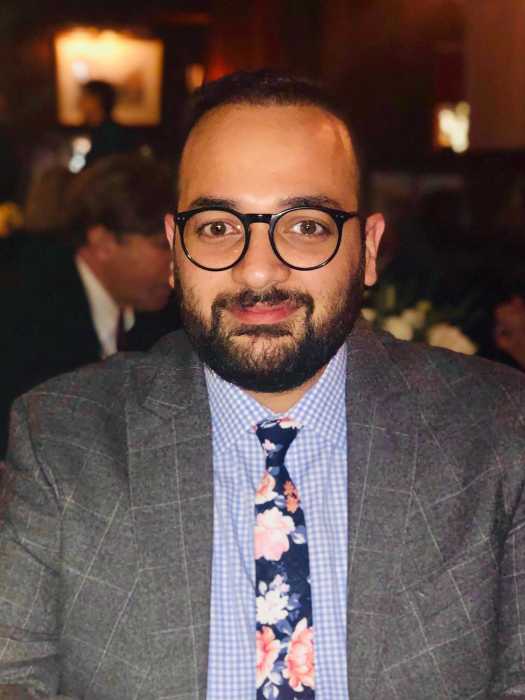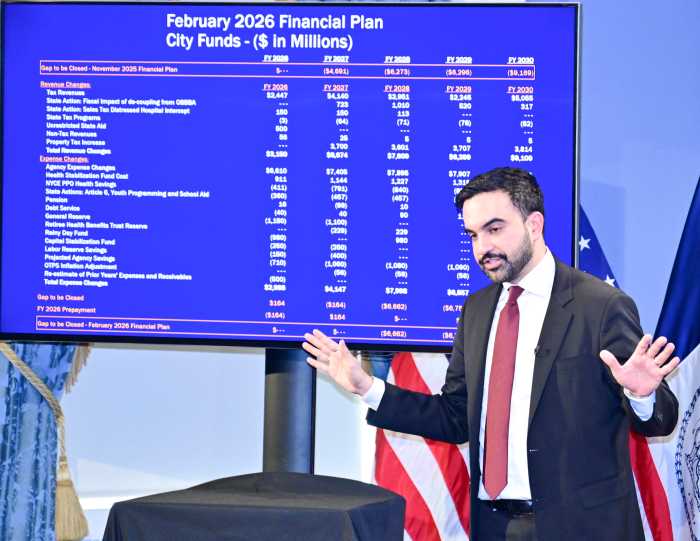The Biden administration is proposing a $267 million increase in funding for HIV testing, prevention, and treatment programs in the US, according to the administration’s discretionary funding request.
In the fiscal 2022 budget, the Biden administration aims to go further than the plan put forth by former President Donald Trump — who sought to cut HIV/AIDS funding on multiple fronts — to reduce the number of HIV infections by at least 90 percent by 2030. This funding would come as an addition to the $400 million Congress allocated to the Ending the HIV Epidemic initiative, which seeks to eradicate disparities in accessing HIV/AIDS treatment and prevention, including the expansion of PrEP, a pill to prevent HIV.
Last year, Congress granted a $137 million increase for the second year of the Ending the HIV Epidemic initiative. If Biden’s budget request is approved, HIV/AIDS prevention, education, and treatment programs would surpass the last administration with a total of $670 million.
“To help accelerate and strengthen efforts to end the HIV/AIDS epidemic in the United States, the discretionary request includes $670 million within HHS to help aggressively reduce new HIV cases while increasing access to treatment, expanding the use of pre-exposure prophylaxis (also known as PrEP), and ensuring equitable access to services and supports,” the administration noted in a document outlining details in the 2022 budget.
Plus, the administration is calling for an increase of funds toward the CDC, the Health Resources and Services Administration, the Indian Health Service, and the National Institutes of Health.
While some experts are praising the efforts, they noted that more funding is needed.
“We thank President Biden for demonstrating his commitment to ending HIV in the United States by including this substantial funding increase in his budget to ramp up the Ending the HIV Epidemic Initiative,” Carl Schmid, executive director of the HIV+Hepatitis Policy Institute, a group advocating for affordable healthcare for people living with HIV/AIDS and Hepatitis, said in a written statement. “While it falls short of what the community has requested if this funding is realized, it will continue the momentum already created and make further progress in ending HIV in the US.”
Despite the COVID-19 pandemic, advocates have seen more participation in some HIV/AIDS prevention efforts than in previous years. According to the HIV+Hepatitis Policy Institute, the Ryan White HIV/AIDS Program welcomed nearly 6,300 new clients and re-engaged an additional 3,600, while community health centers boosted PrEP uptake from 19,000 people last year to 50,000 by this year.




































